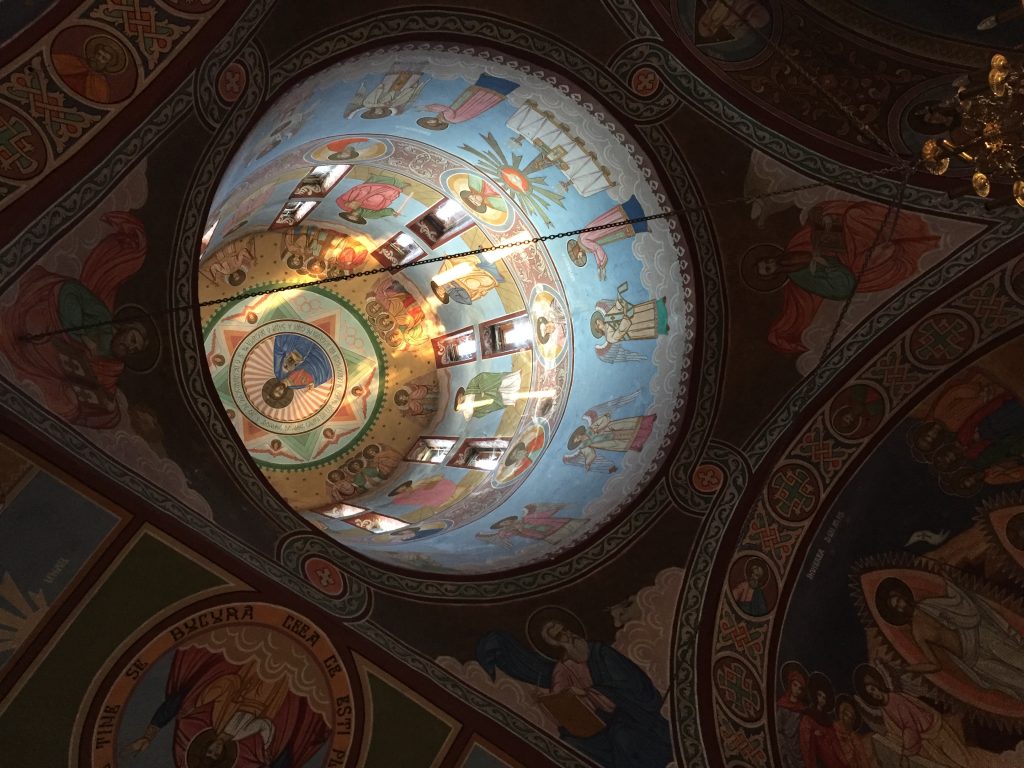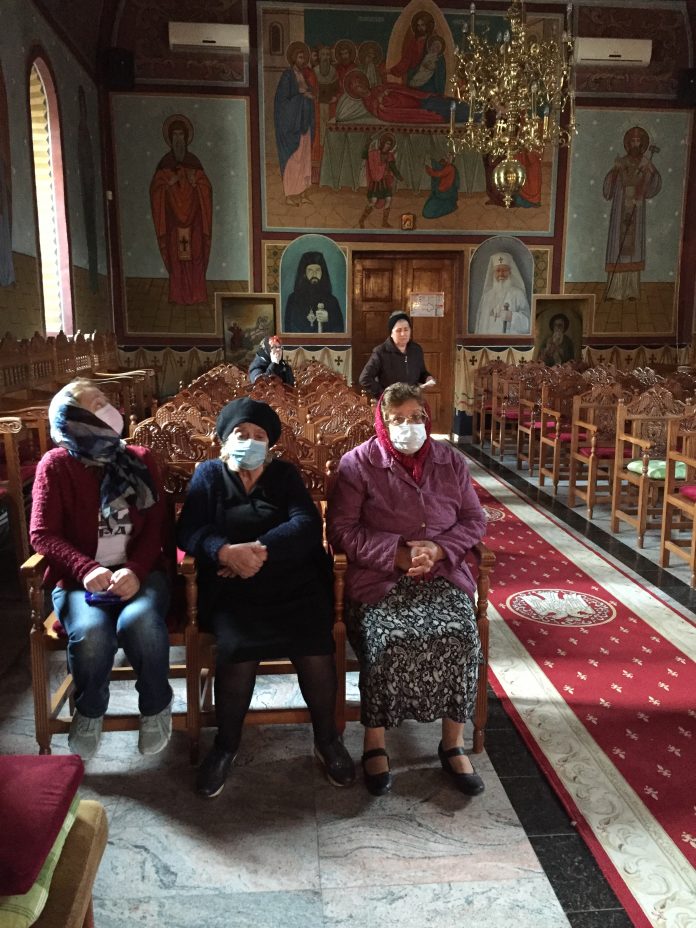A scented letter to an admirer in Denmark. A card to England for Mothering Sunday. Only the coronavirus crisis means these tender missives won’t reach their destination.
“No, you can’t send them,” the post office clerk declared, peering at the addresses which were written neatly with fountain pen. “There’s been a ban on mail to most countries in Europe for the last two days.”
The novel coronavirus has killed thousands across the continent_ most in Italy and then Spain_ and European authorities believe it’s better to be safe than sorry. Romania has decreed a state of emergency, imposing tough measures to stop the disease spreading.
So far, 367 people have contracted with virus in Romania and thankfully, there have been no deaths. Seven Romanians abroad have died from the disease, six in Italy and one in Spain.
If love in the time of Corona must wait, Bucharest traffic has become a motorist’s fantasy.
Driving through the capital of two million hasn’t been this fluid on a weekday evening since the NATO 2008 summit when the capital was put on virtual lockdown to allow dignitaries and high-ranking officials to cruise freely through the city.
Yet, the mood is tense, the atmosphere unnatural. Despite the warm weather, Bucharest’s bustling cafes and restaurants are all shut, even McDonalds.
And if Bucharest residents were wondering who they could turn to, mayor Gabiela Firea announced on Saturday that her deputy would head efforts to tackle the coronavirus pandemic and any other emergency until her term ends.
She tried to spin it, saying she’d be in a team with the deputy mayor, but the truth is, she’s thrown the towel in, just when the city needed a leader. As former Justice Minister Ana Birchall said: „Tertium non datur,” Latin for ‘there’s no middle way’: you’re either in charge, or you aren’t.
“What’s going to happen?” asked a headscarfed woman selling potatoes, leurda or wild garlic and spinach at the market. “We hear they may restrict cars, so I won’t be able to come here.” She travels to the market by minibus every other day from Targoviste, 80 kilometers away.
In supermarkets, grim-faced shoppers disinfect their hands at the entrance and pick their way through the shelves: pasta, flour, white sugar, soap, bottled water, toilet roll and disinfectant sell out first, although shoppers seem more relaxed than when a state of emergency was first announced last weekend.
A police car parked in the car park at the Baneasa Mall, one of the most popular shopping centers in Bucharest which will close for three weeks starting Monday, is another sign that it isn’t business as usual.
The car park is virtually empty, and Ikea is closed. There are no pork Gyros or raspberry macaroons for sale at the mall’s northern entrance; only a lingering smell of Vietnamese or Chinese food indicates that this was where people ate until yesterday.
Women buy wax and hair dye: the state of emergency decreed by President Klaus Iohannis has closed hairdressers, barbers and beauty parlors. Quarantine or not, women still want to be groomed.
French supermarket Carrefour is open but only 50 customers are allowed in at a time, and a queue forms outside: listless shoppers wait to get in, a meter apart. Some wear masks and gloves.
There seem to be more staff than travelers at the Henri Coanda Airport and many flights are going to places outside the European Union. Romania has suspended flights to Italy, the epicenter of the COVID-19 crisis where more than 4,000 have died and Spain, where the death toll surpassed 1,000 on Friday.
There was one oasis of peace and calm amid the uncertainty of corona.
At the Church of the Assumption of Mary in Pipera, a handful of believers gathered in the church in the late afternoon for confession. If there was strife at the supermarket, the church was a peaceful refuge.
Church services are suspended, except for private services such as baptisms, funerals and weddings where a maximum of eight people can be present according to new military rules. But churches can open for prayer in this Lent season.
On Friday, the only signs that this village north of Bucharest had been touched by a global pandemic were a few women wearing surgical masks and a church official steering away a woman from an icon she was preparing to kiss.
In the background, a priest listened to a man’s confession and gave advice softly. His words were indistinguishable, but his tone was reassuring.
There may be mayhem and fear in the world, but in some places, there is comfort, even hope.


















